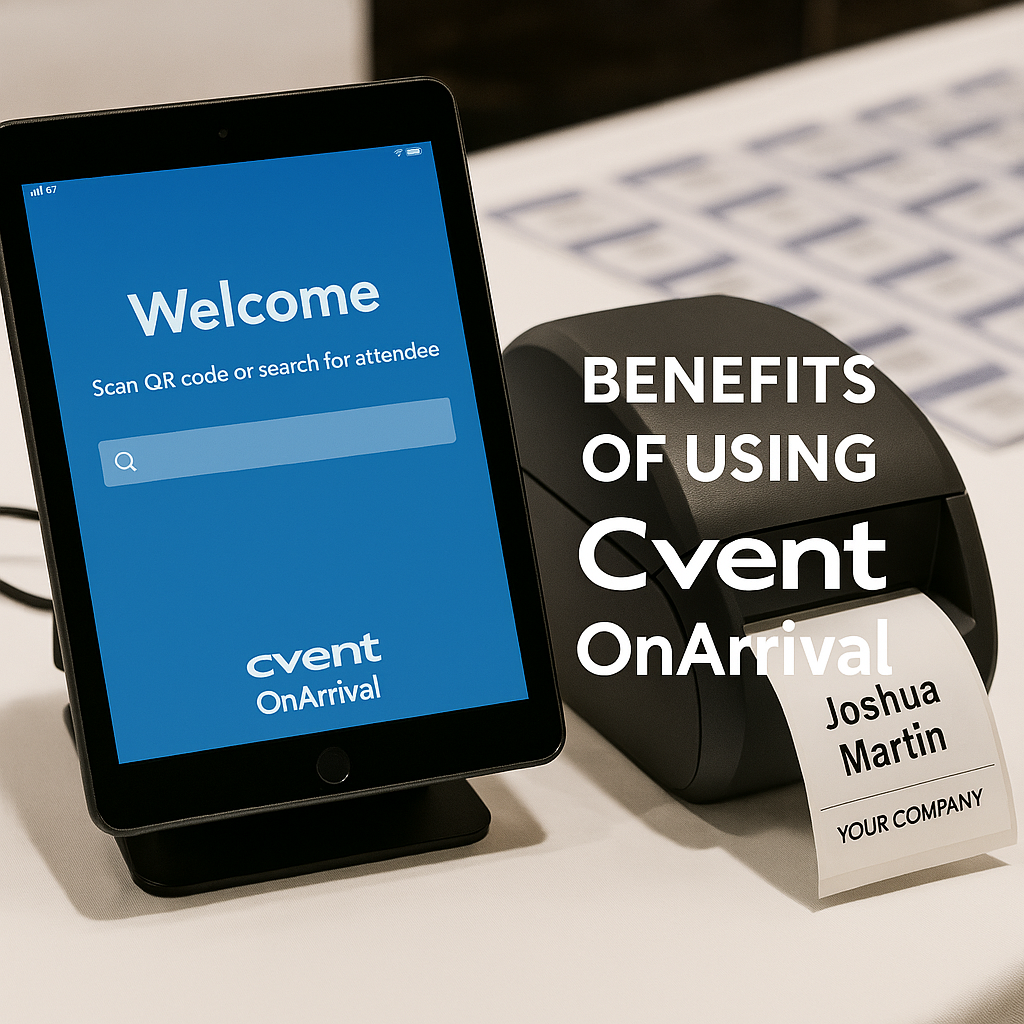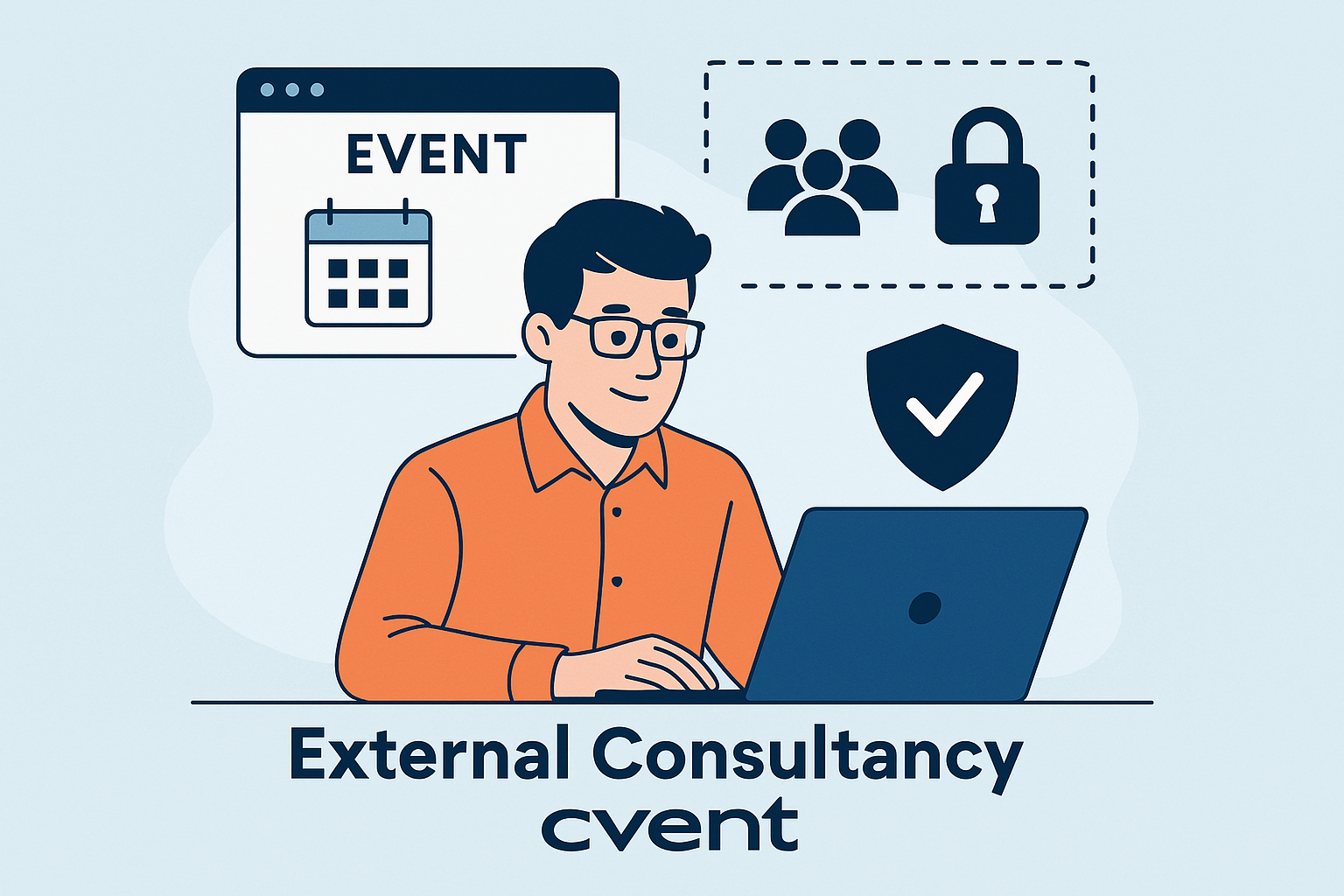If you are looking for a way to share your thoughts, opinions, or expertise with the world, blogging might be the perfect option for you. Blogging is a form of online writing that allows you to create and publish content on a website or platform. There are many benefits of blogging, such as:
- Expressing yourself creatively and personally
- Building an audience and a network of like-minded people
- Establishing your authority and credibility in a niche or topic
- Generating income from ads, sponsorships, or products
- Learning new skills and gaining knowledge
However, before you start blogging, you need to choose a blogging platform that suits your needs and goals. A blogging platform is a software or service that provides the tools and features for creating and managing your blog. There are many blogging platforms available, each with its own advantages and disadvantages. In this post, we will list and describe some of the best blogging platforms available, and list the pros and cons of each one.
WordPress.org
WordPress.org is the most popular and widely used blogging platform in the world. It is an open-source software that you can download and install on your own web hosting server. WordPress.org gives you complete control and flexibility over your blog, as you can customize it with thousands of themes and plugins, and access the code behind it. WordPress.org is also very SEO-friendly, meaning that it helps your blog rank higher on search engines like Google.
Pros:
- Free to download and use
- Highly customizable and extendable with themes and plugins
- SEO-friendly and secure
- Supports multiple languages and media formats
- Large and active community of users and developers
Cons:
- Requires web hosting and domain name, which cost money
- Requires some technical skills and knowledge to set up and maintain
- Can be vulnerable to hacking or malware if not updated regularly
Wix
Wix is a cloud-based website builder that allows you to create a blog with drag-and-drop features. Wix offers hundreds of templates that you can choose from and edit to match your style and vision. Wix also provides hosting, domain name, security, and support for your blog. Wix has a free plan that lets you create a blog with a Wix-branded domain name and ads, but you can upgrade to a premium plan to remove them and access more features.
Pros:
- Easy to use and beginner-friendly
- No coding or design skills required
- Offers hosting, domain name, security, and support
- Has a free plan with basic features
Cons:
- Limited customization and flexibility compared to WordPress.org
- Free plan comes with Wix-branded domain name and ads
- Can be expensive to upgrade to premium plans
Medium
Medium is an online publishing platform that focuses on quality content and community engagement. Medium allows you to create a blog with a simple and elegant interface, without worrying about design or hosting. Medium also has a large and active audience of readers who can follow, comment, clap, or share your posts. Medium has a partner program that lets you earn money from your posts based on how much engagement they receive from Medium members.
Pros:
- Free to use and join
- Easy to use and write
- No design or hosting hassles
- Has a large and engaged audience of readers
- Has a partner program that pays you for your posts
Cons:
- Limited customization and control over your blog
- No own domain name or branding options
- Competes with other writers for attention and earnings
Blogger
Blogger is one of the oldest and simplest blogging platforms in the market. Blogger is owned by Google, which means that you can create a blog with your Google account and access other Google services like Gmail, Drive, Photos, etc. Blogger offers a basic but functional interface for creating and managing your blog. Blogger also provides hosting, domain name (with .blogspot.com extension), security, and support for your blog.
Pros:
- Free to use with Google account
- Easy to use and set up
- Offers hosting, domain name (with .blogspot.com extension), security, and support
- Integrates with other Google services
Cons:
- Limited customization and features compared to WordPress.org or Wix
- Outdated design and interface
- No own domain name or branding options (unless you buy one separately)
Conclusion
These are some of the best blogging platforms available for creating your own blog. Each one has its own pros and cons that you should consider before choosing one. Ultimately, the best blogging platform for you depends on your needs, goals, budget, skills, and preferences. We hope this post has helped you make an informed decision. Happy blogging!






Leave a Reply